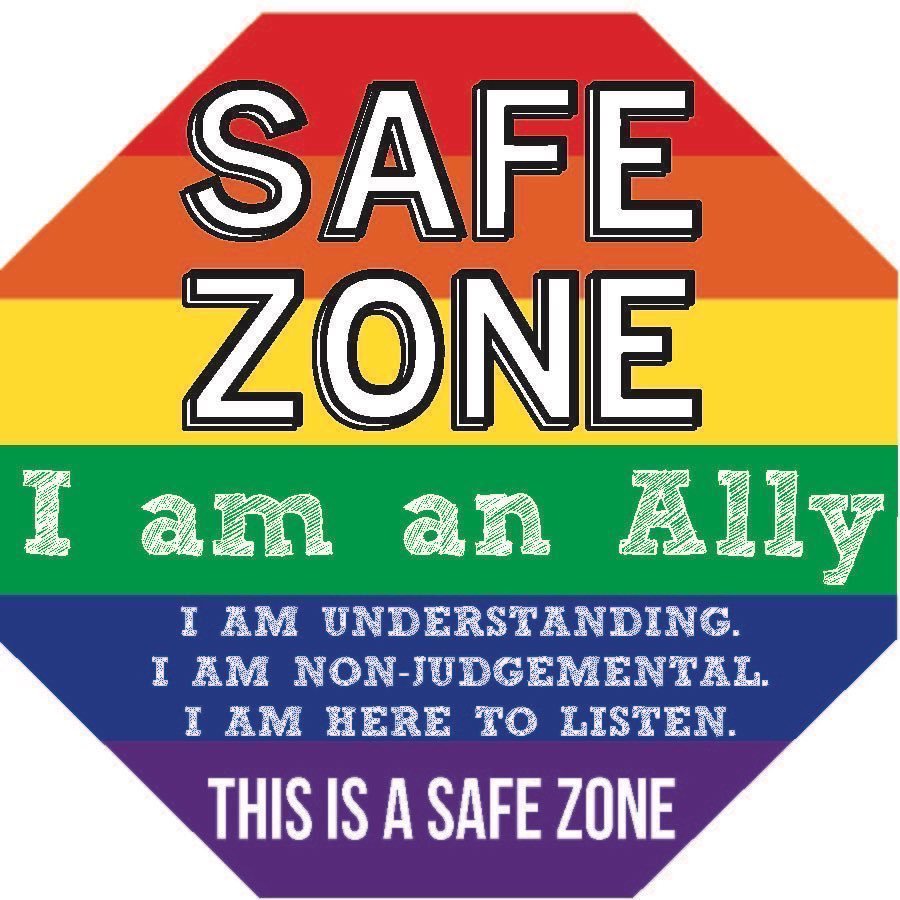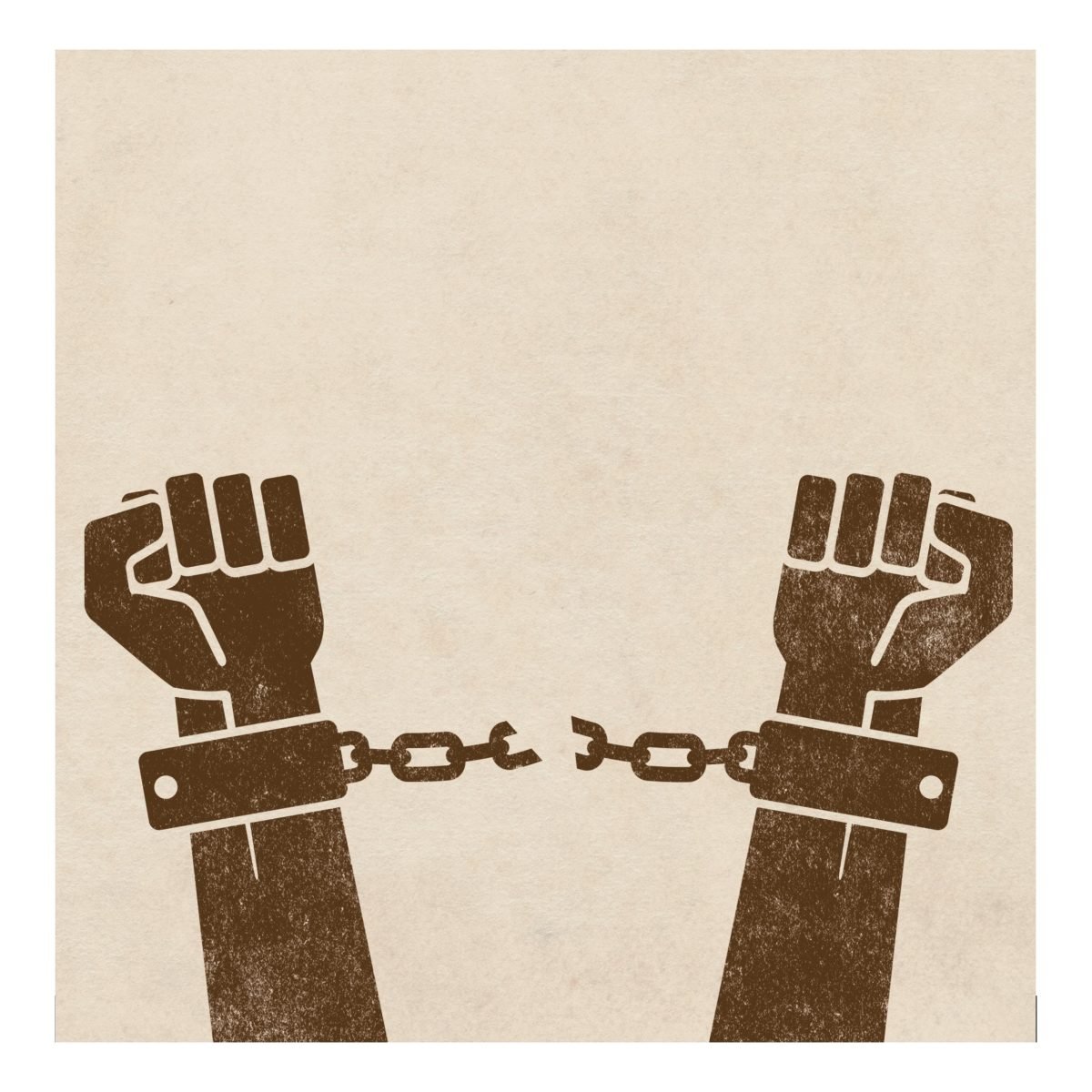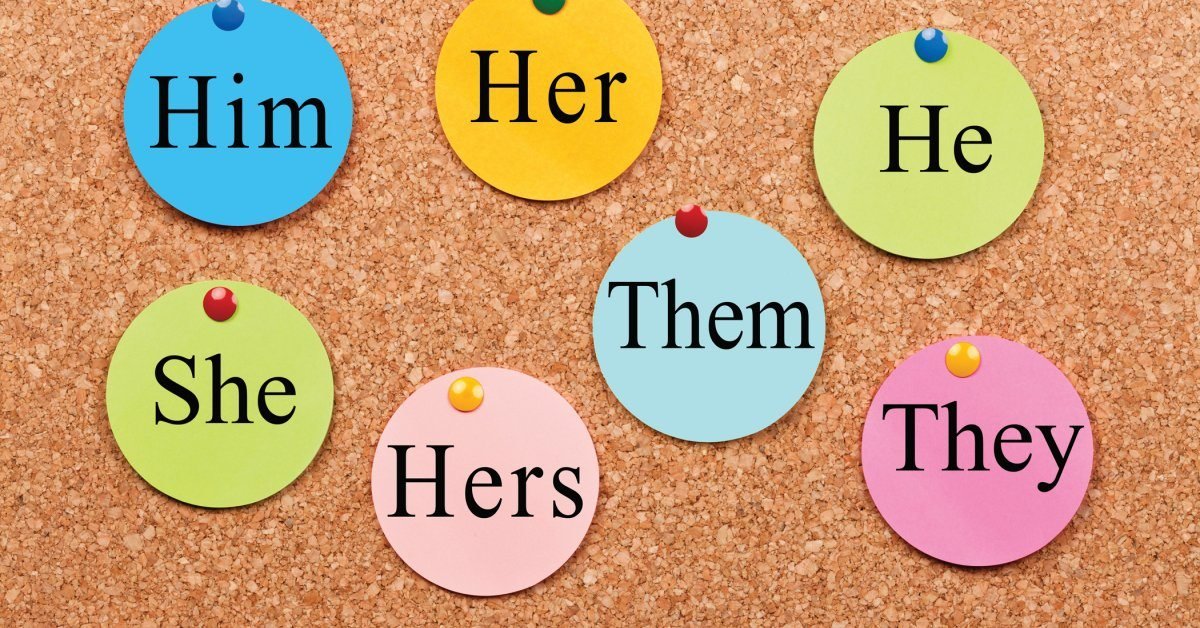Social Justice Saturday: The Second Amendment and Slavery
The Second Amendment is short, and yet to a large degree, misinterpreted and misunderstood. It reads:
"A well-regulated Militia, being necessary to the security of a free State, the right of the people to keep and bear Arms, shall not be infringed."
Often people focus on only the second half of the sentence and think it says all people can keep and bear any kinds of arms, anywhere, for their own safety. The Amendment, however, says the people keep and bear arms as part of a well-regulated Militia; a Militia that is necessary to maintain the security of the new United States.
The Militia was considered necessary to keep the security of the federal government, which would be responsible for regulating the militias. But Virginia, led by Patrick Henry and George Mason, worried that a militia controlled by the federal government would not protect the slave owners, if their enslaved men, women, and children tried to revolt. These owners insisted the control of militias stay with the states, so they could maintain their power.
“The original purpose for a citizens' militia was not some theoretical worry about standing armies or an idealized right of citizen militias to resist federal power. Instead of origianl purpose was a practical concern that the antislavery North would leave the South vulnerable to slave revolts."
Allow Me to Retort: A Black Guy's Guide to the Constitution Elie Mystal, 2022.p. 38
Monday Music: There's a Wideness in God's Mercy
Suggested by Taking Faith Home
Social Justice Saturday: Celebrating Pride - Anti-LGBTQ legislation
Here are a couple of examples of legislation Around the US that is threatening our LGBTQIA communities. Vote. Speak Up. Support your loved ones. Be a Safe Zone.
Florida’s Don't Say Gay Bill Explained
Texas Bill Allows Families Supporting Trans Children to be Investigated
Temporary Ban on Prosecution of These Families
ACLU’s Anti-LGBTQ Legislation Tracker
Monday Music: Footprints in the Sand
Socia Justice Saturday- Celebrating Pride: Some Examples of LGBT Life Around The World.
This is what LGBT life is like around the world
“As a gay couple in San Francisco, Jenni Chang and Lisa Dazols had a relatively easy time living the way they wanted. But outside the bubble of the Bay Area, what was life like for people still lacking basic rights? They set off on a world tour in search of "Supergays," LGBT people who were doing something extraordinary in the world. In 15 countries across Africa, Asia and South America -- from India, recently home to the world's first openly gay prince, to Argentina, the first country in Latin America to grant marriage equality -- they found the inspiring stories and the courageous, resilient and proud Supergays they had been looking for.”
Although it would be impossible to capture how life is all over the world, watch this video with just some examples on Ted.Com
Monday Music: Holy Spirit Song
Social Justice Saturday: Juneteenth Explained
Juneteenth, explained.
The holiday’s 156-year history holds a lot of meaning in the fight for Black liberation today.
By Fabiola Cineas Updated Jun 17, 2021, 7:31pm EDT
A year after protests for racial justice swept the nation, propelling conversations on how to improve conditions for Black lives, the country is getting ready to celebrate the 156th anniversary of one of its earliest liberation moments: Juneteenth.
A portmanteau of “June” and “nineteenth,” Juneteenth marks the day in 1865 when a group of enslaved people in Galveston, Texas, finally learned that they were free from the institution of slavery. But, woefully, this was almost two-and-a-half years after President Abraham Lincoln signed the Emancipation Proclamation. As much as Juneteenth represents freedom, it also represents how emancipation was tragically delayed for enslaved people in the deepest reaches of the Confederacy.
The first Juneteenth in 1866 was celebrated withhttps://www.vox.com/2020/6/18/21294825/history-of-juneteenth…”
Read the rest on Vox.com
Monday Music: Every Time I Feel The Spirit
Suggested by Taking Faith Home
Social Justice Saturday - Celebrating Pride Month: Pronouns
Questions about pronouns? Here is a quick read from the Human Rights Campaign to help you!
https://www.hrc.org/resources/why-we-ask-each-other-our-pronouns
Monday Music: Praise the Spirit in creation
Social Justice Saturday: Stop Woke Bill Intends to stop Social Justice in Florida Schools
From Mother Jones:
“Florida textbooks may no longer teach “social justice,” according to new state guidance, part of Florida Republican Gov. Ron DeSantis’ ongoing attack on pluralistic democracy.
The guidance, which was recently updated but is undated, states that “social justice” is now one of the topics that are prohibited in state-approved textbooks for K-12 social studies classes. According to Politico, which reported on the new criteria, textbook publishers have until June 10 to submit social studies proposals. The DeSantis administration recently rejected math textbooks for including…”
Read the rest of this article on Mother Jones
Meanwhile, the act has ripple effects beyond schools. Some examples are listed in this article on Fortune.com
Social Justice Saturday: Gun Violence, Prayers, and Actions
“God of righteousness, you have granted our leaders, our president, the governor, members of Congress, the courts and legislatures power and responsibility to protect us and to uphold our right to life, liberty and the pursuit of happiness,” Curry said in his livestreamed prayer. “Strengthen their devotion and our devotion to our common life, to find clarity of purpose for all.”
The Episcopal Church has advocated at least since the 1970s for legislation seeking to reduce the risk of gun violence in the United States. “Decades later, we see gun violence continuing on a daily basis, in communities with high rates of violence, especially in communities of color, in domestic disputes and in violence against women, in suicides, and in mass shootings,” the church’s Washington, D.C.-based Office of Governmental Relations said in a statement posted in response to the shooting in Uvalde.
The office reiterated its call, rooted in General Convention resolutions, for passage of legislation that would restrict who can own firearms, require background checks, eliminate loopholes, tighten laws against gun trafficking, require gun safety training, fund gun violence prevention programs and address gun violence as a public health crisis.
The 80th General Convention is scheduled to consider at least one gun-related resolution in July, pertaining to the dissemination of untraceable firearms known as “ghost guns.”
A full list of the church’s positions on gun violence can be found online. Join the Episcopal Public Policy Network for regular updates and to get involved.
Monday Music: Be All Around Me
Monday Music: Wide Awake
Faith in the News - Jane Elliott on Abortion and Race
As Ted shared last Sunday in his sermon, the amazing activist for racial justice Jane Elliott made some powerful connections between abortion rights and white supremacy. Listen to this part of an interview with her from 2018:
Monday Music: Praisin' His Name
The Beginning of Mothers' Day: Women's Voices Must Be Heard
On Mothers’ Day and the Louis D. Brown Walk for Peace, let’s remember how the first Mothers’ Day began. Rather than a day to give gifts to our mothers, the day calledl for women organize and speak out for peace and justice around the world.
Julia Ward Howe, who wrote "Battle Hymn of the Republic," first imagined a “Mothers Day.” Her call, in 1870, after witnessing the brutality and pain of the Civil War, was to urge women to act for peace. She wanted women to come together across national lines, to recognize what women hold in common above what divides them, and commit to finding peaceful resolutions to conflicts. As she wrote:
Our sons shall not be taken from us to unlearn
All that we have been able to teach them of charity, mercy and patience.
We, the women of one country,
Will be too tender of those of another country
To allow our sons to be trained to injure theirs."
If we want to truly celebrate and honor women, we would do well to draw on the sentiments that led to the establishment of such a day—that all women are valuable, that women on various sides of political issues or on various sides of a border have more in common than they hold in differences. Such sentiments are core to the success of the annual Walk for Peace, and sadly relevant as war rages in Ukraine.
Social Justice Saturday: Reparations and the Racial Wealth Gap
There are many perspectives on Reparations and what that means for ending the Racial Wealth Gap. Here is one definition to consider::
"So when I say we need to reimagine reparations, I don't mean transferring wealth from one group to another, something critics are quick to decry as fundamentally unfair and backward-looking.
I mean repairing American systems to eliminate the built-in racism that perpetuates injustices like the racial wealth gap, and in the process, making those systems work better for all of us."
From April 24, 2022 “We can solve the racial wealth gap.”
By Kimberly Atkins Stohr, writing in The Emancipator, a collaboration between the Boston Globe and the Center for Antiracist Research, Ibram X. Kendi, Director.







